Did you know that diesel-powered pickups have been around for almost 100 years? That’s right: the very first diesel truck was developed in 1923, as an alternative to the motor trucks that were introduced earlier. So, the big question is – what’s the difference between the two? Here are the facts: gasoline-driven engines are cheaper and easier to maintain. However, diesel engines have better fuel economy, and in the long run, that will save you some bucks.
Secondly, they’re more reliable, durable, and long-lasting (which, again, makes them a reasonable investment). And, today we’ll talk about how to significantly improve diesel truck performance. Our focus will be on tuners, air filters/intake systems, exhausts, and other aftermarket gear. They will boost the powertrain (add extra horsepower and torque), improve the acceleration, and more.
Invest in a Premium Tuner/Programmer
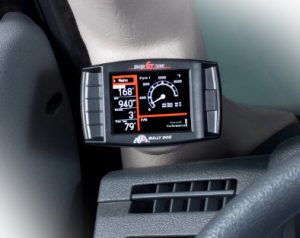
Speaking of those, the best programmers come with dozens of built-in tunes. They allow quick switching between different configurations (better mileage and a boost in HP/torque, to name a few). Third-party tunes are also available, but they usually cost a lot. Now, Ford’s lineup of diesel engines is one of the best ones to ever hit the market.
So, if you want, say, the Best Tuner for 6.4 Powerstroke, it won’t be a problem to find it at a local store or order it online. Chevy drivers, in turn, should look for tuners that fit the Duramax engine. If you’re ready to invest, go with a tuner that’s got a sleek touchscreen, as that will make it easier (and more satisfying) to navigate through the UI. Bluetooth/Wi-Fi compatibility will be a nice bonus.
Consider Buying an Air Filter
The #1 job of a good-quality Air Filter is to keep debris and other contaminants (pollen, tiny rocks – stuff like that) from getting into the engine bay. That way, it prolongs its life and improves efficiency. A clogged filter has a negative effect on fuel efficiency and throttle response. A premium filter, in turn, reduces emissions and lets the engine “breathe”.
 What about a Cold Air Intake System?
What about a Cold Air Intake System?
And if you want to also improve the airflow, an air intake kit might be in order. Along with a filter, it includes an air intake tube that greatly improves the air filtration system. Most importantly, the tube protects the motor from overheating. Cold air intakes usually last for a very long time and need to be cleaned or replaced every 30, 50, or even 100 thousand miles.
Maybe it’s Time for a Turbocharger?
Known internationally as the “turbo”, a turbocharger is a device that aims at increasing a diesel/gas engine’s power output. This is achieved by pumping compressed air into the engine (the combustion chamber, to be exact). Folks that do a lot of hauling, towing and rock climbing will definitely appreciate what a turbo can do. By directing more air into the motor, it makes it more powerful.
Check the Spark Plugs
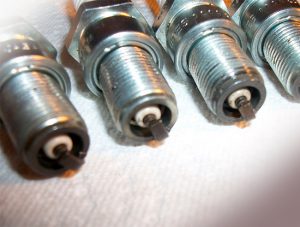
According to statistics, misfire has a very negative effect on fuel efficiency (sometimes, it can lead to a 30% decrease in mileage). So, make a habit of checking on the plugs once in a while to make sure they’re in proper shape. If you hear strange rattling sounds or if the engine is feeling draggy and not at all smooth, best believe the factory plugs are to blame.
An Aftermarket Exhaust System Comes Next
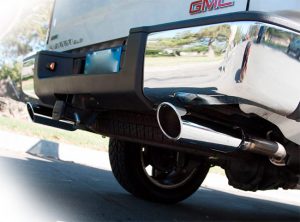
My advice to you: go with the Best Sounding Exhaust System. Compared to the boring stock sounds, it will be so much better and make the vehicle sound like a race car/off-roading monster. And before going ahead with the purchase, it would be wise to check out some YouTube videos to see, or, rather, hear what the best-sellers and most popular units are all about. And if they are backed by a manufacturer’s deal, that will make them an even more attractive pick.
Conclusion
As I mentioned in the beginning, diesel trucks boast strong performance, reliability, and long lifespan. Plus, there are several aftermarket parts that you can invest in to take the engine to the next level. If you want to get the best price-quality ratio, you’ll get exactly that with all the gear that we discussed today. They will ensure an improved ride quality, better acceleration, mileage, HP, and more.
And the best thing about this gear: it won’t be hard to install on your own, without any knowledge or pro-grade tools. With that said make sure to dig a bit deeper and only spend your hard-earned bucks when you really feel need that extra “oomph”. Drive safely, keep your eye on the road, and enjoy your diesel truck!

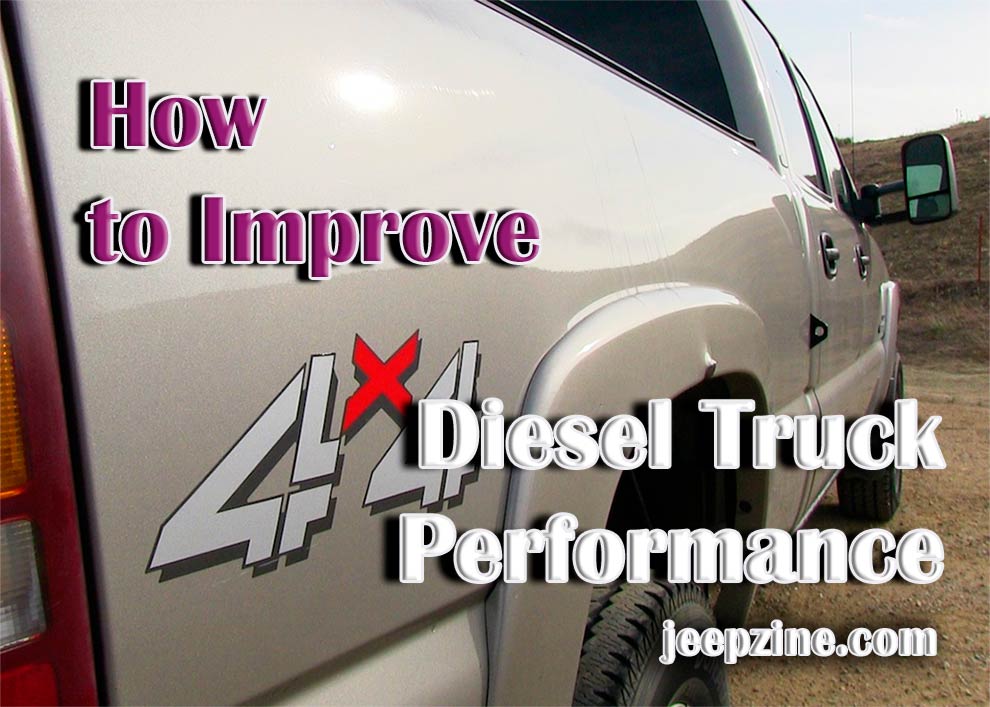
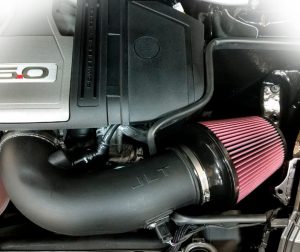 What about a Cold Air Intake System?
What about a Cold Air Intake System?
Add Comment